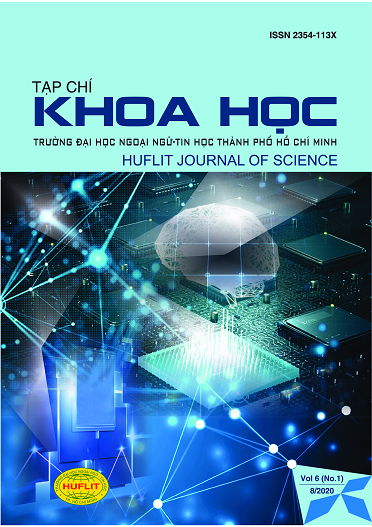Impact of e WOM in determining the selection of ecotourism destinations
Abstract
Purpose
Ecotourism reveals the natural beauty of a destination with minimal impact on the environment. Eco-friendly tourists want to avoid carbon footprints by indulging in responsible behaviour. Tour operators also encourage tourists to be environmentally friendly during their trips by strengthening the local community, i.e., Tourists purchase the local produce, participate in nature conservation and are sensitive towards nature. "Tourists are influenced by electronic word-of-mouth opinions, and this is rising with the development of electronic culture." (López, Manuela, & Sicilia., 2014)
The purpose of this paper is to examine how electronic word of mouth (e-WOM) impacts the tourists' decision to select and visit eco-friendly destinations.
This paper also studies how electronic word of mouth (eWOM) information influences tourists' decisions in positive and negative ways.
Design/methodology/approach
Based on tourism literature and users' reviews shared on blogs, social media websites, the researcher intends to use the qualitative method to examine the impact of e-WOM in determining the selection of ecotourism destinations. A bad review and rating made on tourism websites can turn a potential buyer into a non-potential buyer, as tourists believe that people's opinion triggers these reviews and ratings. Reviews and ratings given by Visitors on Global Tourism review websites will be considered to analyze data.
Findings
The user reviews regarding different parameters, i.e., things to do, travel forums, browsing destinations, and themes results suggested that e-WOM has a positive impact on determining eco-friendly destinations across the world. The experience shared by fellow travellers and users' ratings influences the purchase decision of tourists. By following the advice of previous users, tourists behave responsibly and reduce their carbon footprint.
Originality/value
The paper contributes to understanding the relationship between concepts of e-WOM, tourist behaviour, purchase decision and eco-friendly destinations. How do these determinants influence each other and impact the selection of eco-friendly destinations?



